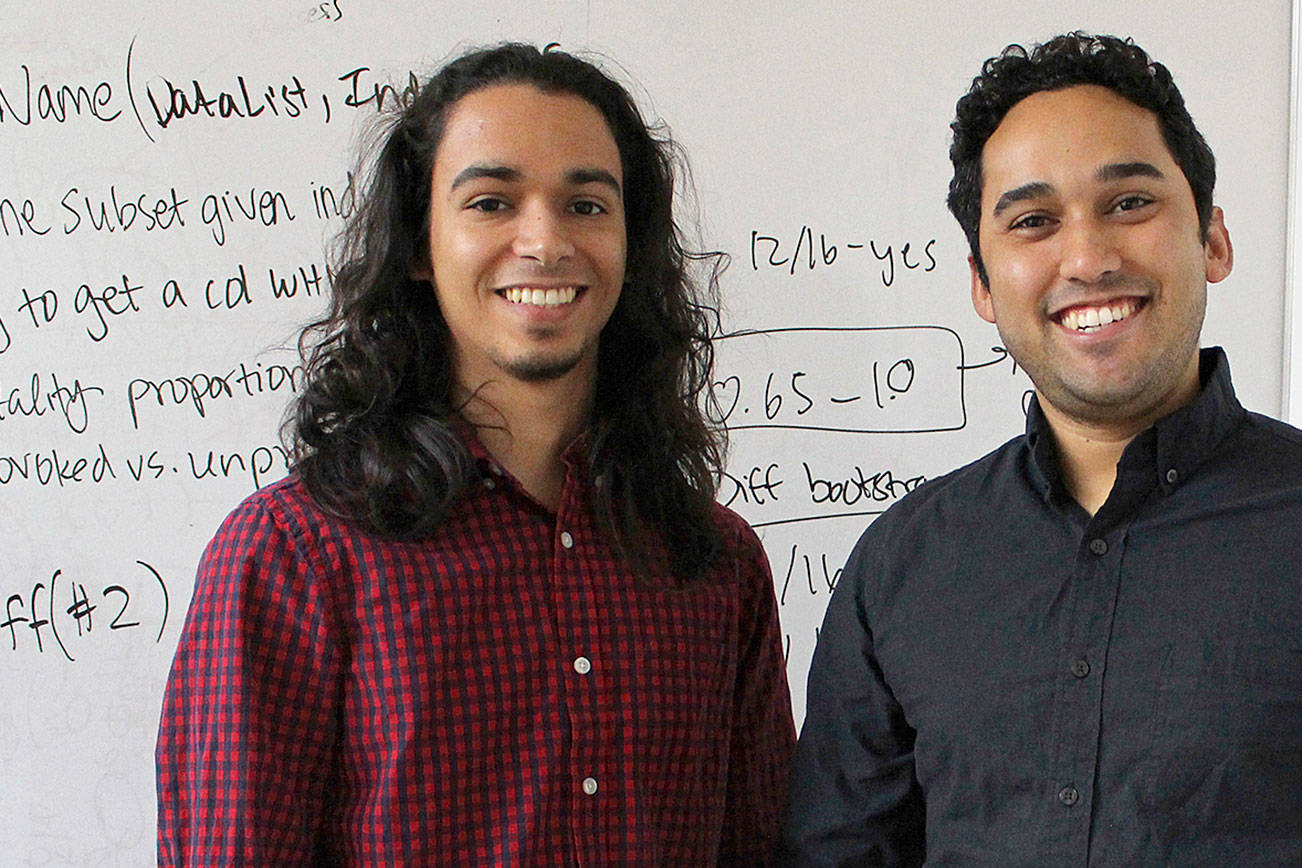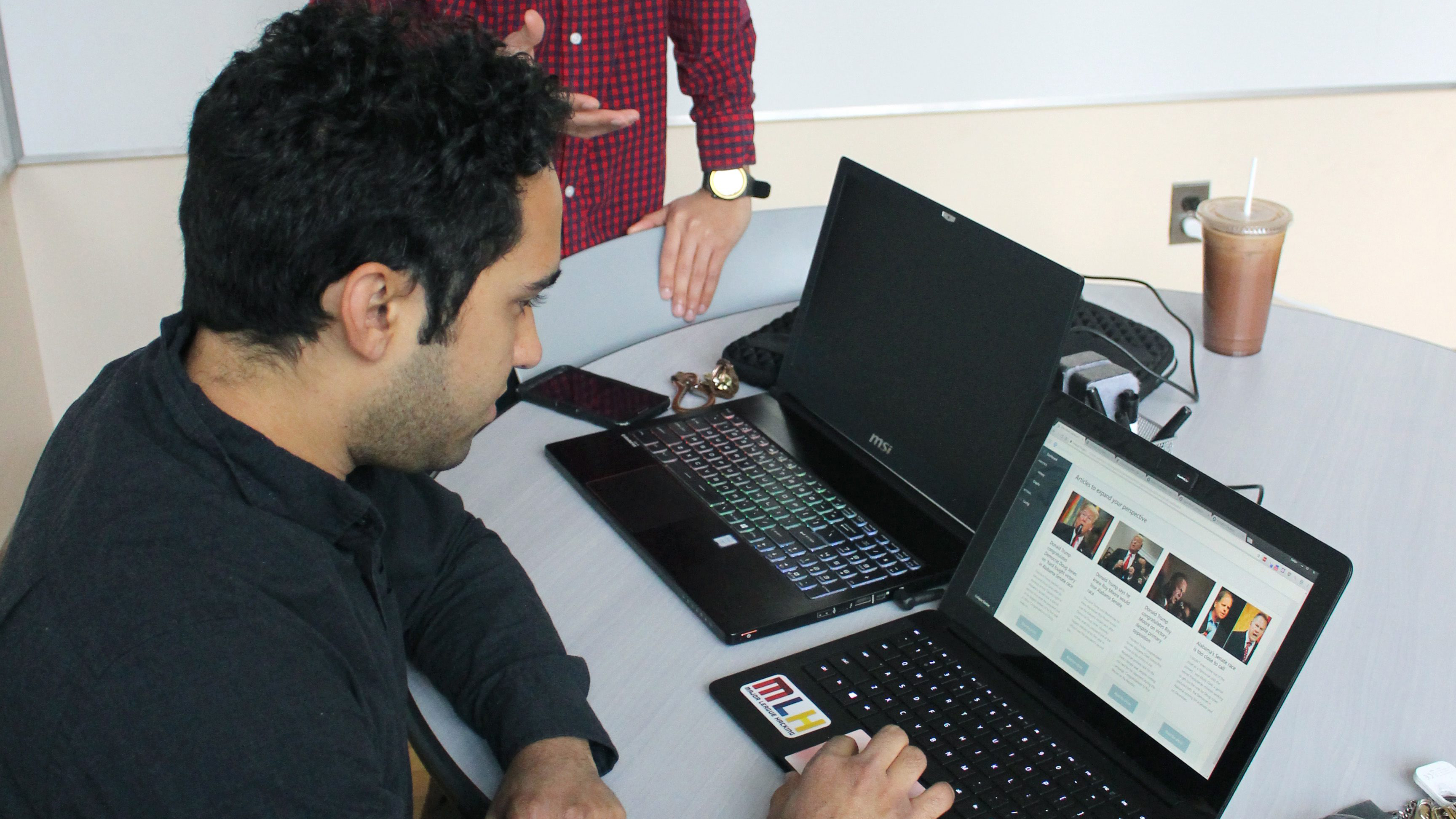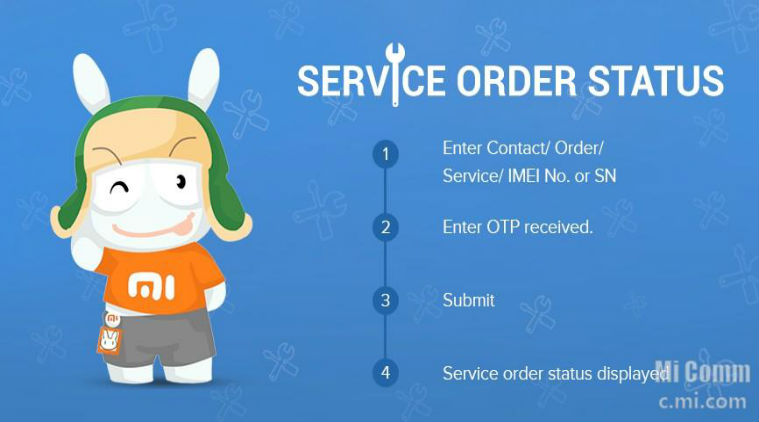Fake News Plug-In was designed in this month only
Fake News Plug-In: A group of college students is gaining attention from Web companies and Congress following creating a browser extension which alerts customers to imitation and biased news reports and helps direct them to more balanced policy.
The plugin, “Open Mind,” was designed earlier this month through a 36-hour problem-solving competition called a hackathon at Yale University.
Additionally, it will alert a reader in case a narrative shared on societal media is imitation or biased. However, it does more than simply warn.
The plug utilizes present opinion analysis technology to populate any narrative which may seem in a newsfeed, identifying the significant players and some other political slant. It then can indicate to the reader additional stories about precisely the exact same subject that have another viewpoint.
“So let us say there’s an article which is quite pro-Trump on a subject,” said An. “We’d then attempt to provide you with something more left of center. We could go out and locate you that choice article.”
The extension also hastens to browse info and can show an individual a chart that indicates whether they’ve been reading tales from only 1 facet of a political spectrum. It curates a news feed for this user, revealing alternative stories to those they’ve been reading.
The thought, stated Lopez-Brau, will be to help out people out of the practice of linking on social websites only with individuals who share their perspectives and studying biased news coverage skewed toward their own beliefs.
“Social media websites grow bubbles,” explained Lopez-Brau. “They make it incredibly simple for people to follow folks with similar interests, so frequently there’s not any real prospect for them to be faced with an opposing view. They have enabled us to silo off people in a distance”. The group’s prize for winning the battle is going to be a meeting this spring together with members of Congress.
Facebook, that was among the patrons of Yale’s hackathon, and is considering speaking to the pupils as part of its continuing work to fix the exact same issue, stated Ruchika Budhraja, a Facebook spokeswoman.
“We’ve got something called “Related Articles,” that helps individuals find articles on precisely the exact same subject when they discuss a report.”
Both Yale students aim to make a research project working with the expansion, monitoring the browsing history of volunteers to attempt to ascertain if the plug-in really alters browsing habits. “The remedy would be to create a sort of an information auto-immune system”









